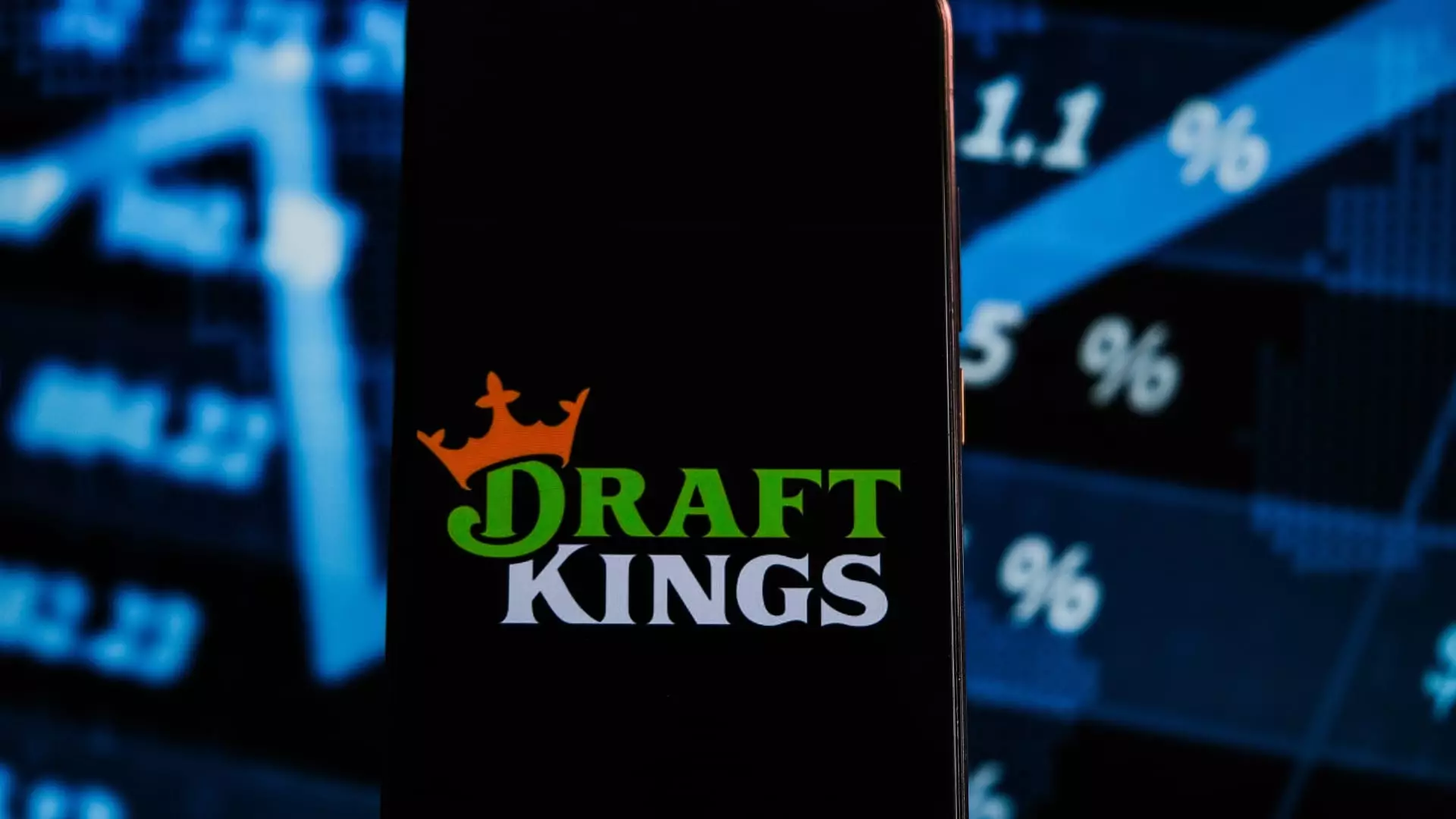The recent tumultuous movements in online sports betting stocks have sent shockwaves through investor circles, highlighting the precarious nature of this burgeoning industry. Following the approval of a hefty tax increase on online wagers by Illinois lawmakers, companies like DraftKings and Flutter Entertainment experienced significant dips in their stock prices—6% and 2% respectively. This isn’t just a blip; it’s a glaring signal that the regulatory landscape may stifle growth. Investors had already been teetering on the edge, grappling with lofty valuations in a sector that’s increasingly susceptible to government intervention. Now, they seem more justified in their fears of overregulation harming their investments.
Illinois Sets a Troubling Precedent
The tax changes, which impose a 25 cents fee on each of the first 20 million bets, escalating to 50 cents thereafter, position Illinois as one of the most taxing environments for online gambling in the United States. This recently passed budget isn’t just an isolated incident; it’s indicative of a rising trend among states desperate to fill budgetary gaps. With Gov. J.B. Pritzker signaling his approval, it’s clear that the political appetite for capitalizing on online gambling revenues exists. This could tempt other states to follow suit, leading to a domino effect of increased taxes nationwide. As Truist analyst Barry Jonas aptly noted, this recurring surprise from Illinois lawmakers is not one investors can overlook.
The Ripple Effect on Market Dynamics
As the fallout unfolds, the implications extend beyond just the big players like DraftKings and FanDuel. Smaller competitors may feel a different kind of pressure; while they might not face the same tax burdens initially, being sandwiched between regulatory giants can dampen their growth potential. What was once a playground of opportunity may now turn into a constrained battleground where only financially robust entities can survive. A closer look at the dynamics reveals that stock prices aren’t just numbers—they represent underlying sentiments and fears grounded in real economic fundamentals. The decline seen across notable names—including MGM Resorts and Penn Entertainment—demonstrates a collective anxiety about the sustainability of these business models under increasing fiscal pressure.
A Cautionary Tale for Stakeholders
For stakeholders invested in online sports betting, the evolving regulatory environment becomes more than a strategy for potential profit; it becomes a matter of survival. The erratic nature of taxation can create a rollercoaster for stocks, whether through direct financial impacts or more subtle shifts in market sentiment. Observing the Tax Foundation’s report, where levies in certain states reach as high as 51%, it becomes evident that the regulatory landscape is not just fragmented; it could become hostile. The fiscal maneuvers of states will keep every major investor on high alert, potentially distancing them from what was once considered a lucrative and low-barrier market.
In this precarious situation, the meeting point between state policy and business profitability becomes ever more critical. Navigating this treacherous waters will require a blend of strategy, adaptability, and perhaps a little luck as states continue searching for ways to capitalize on the burgeoning online betting industry. Investors need to wake up to the harsh realities of a business model that could quickly implode under the weight of governmental constraints.

